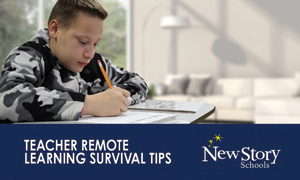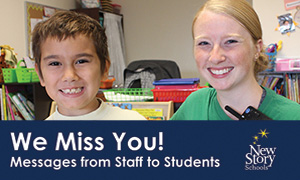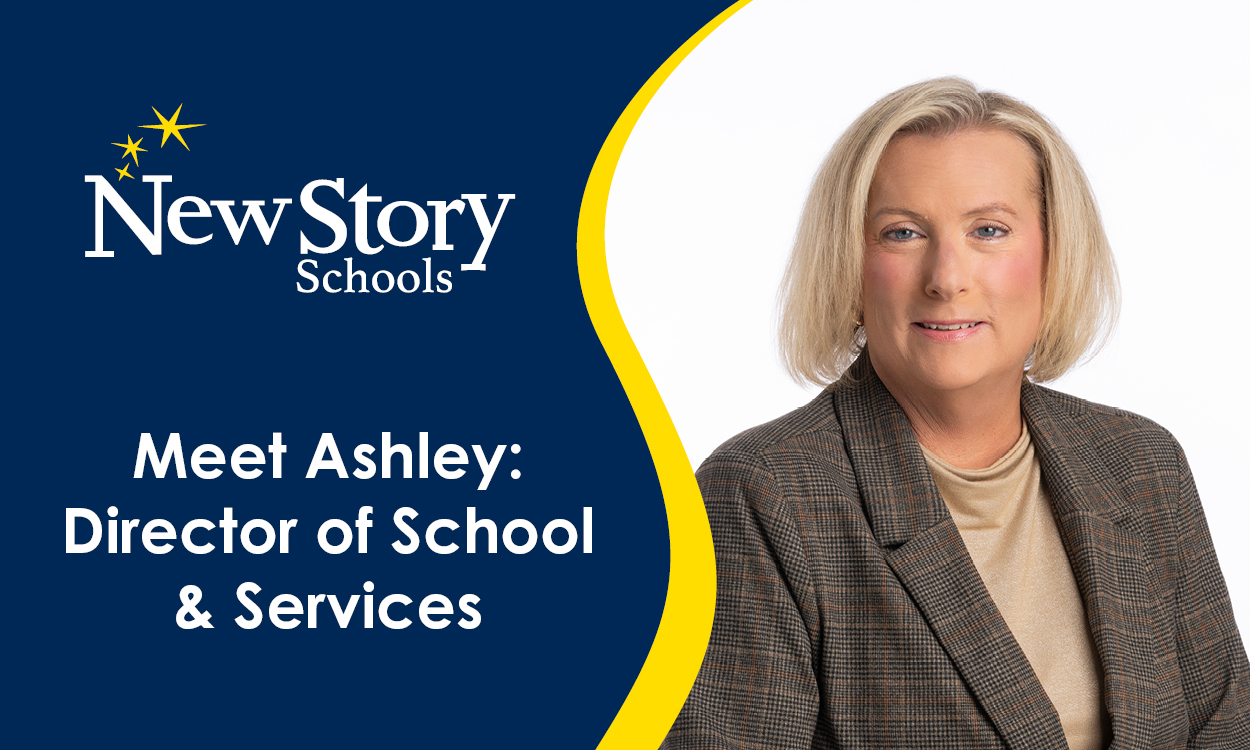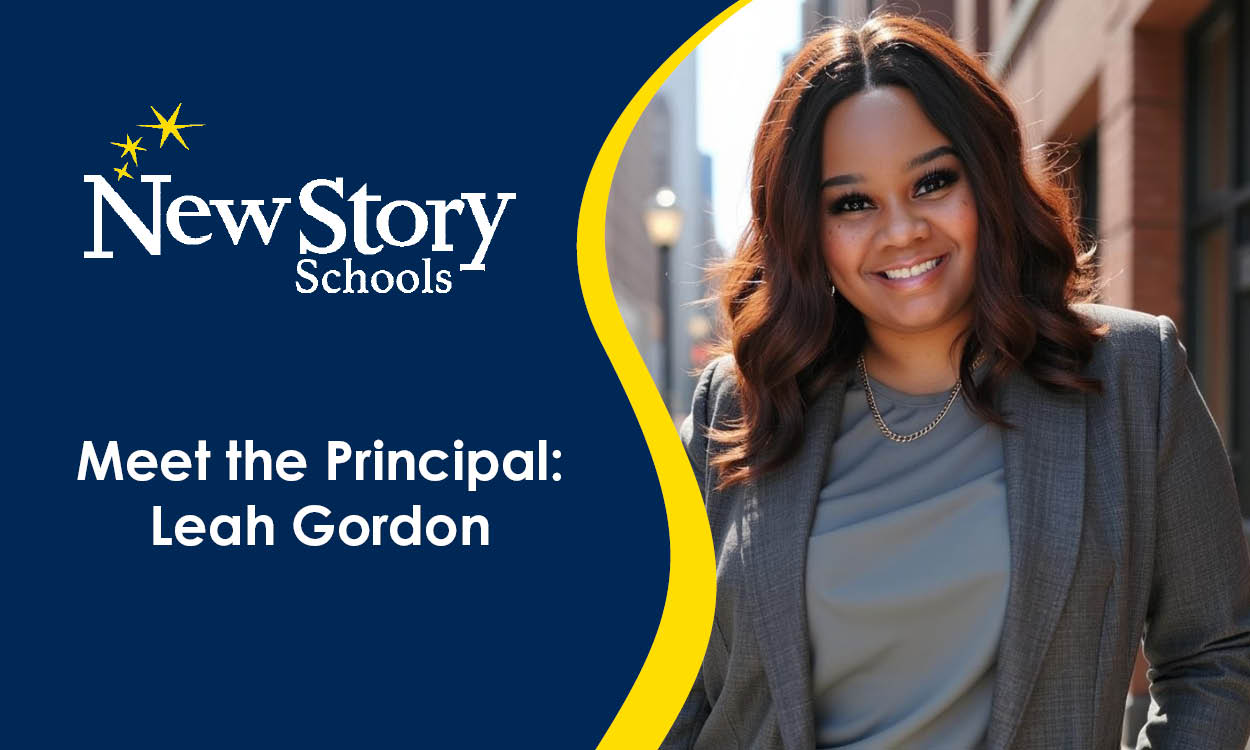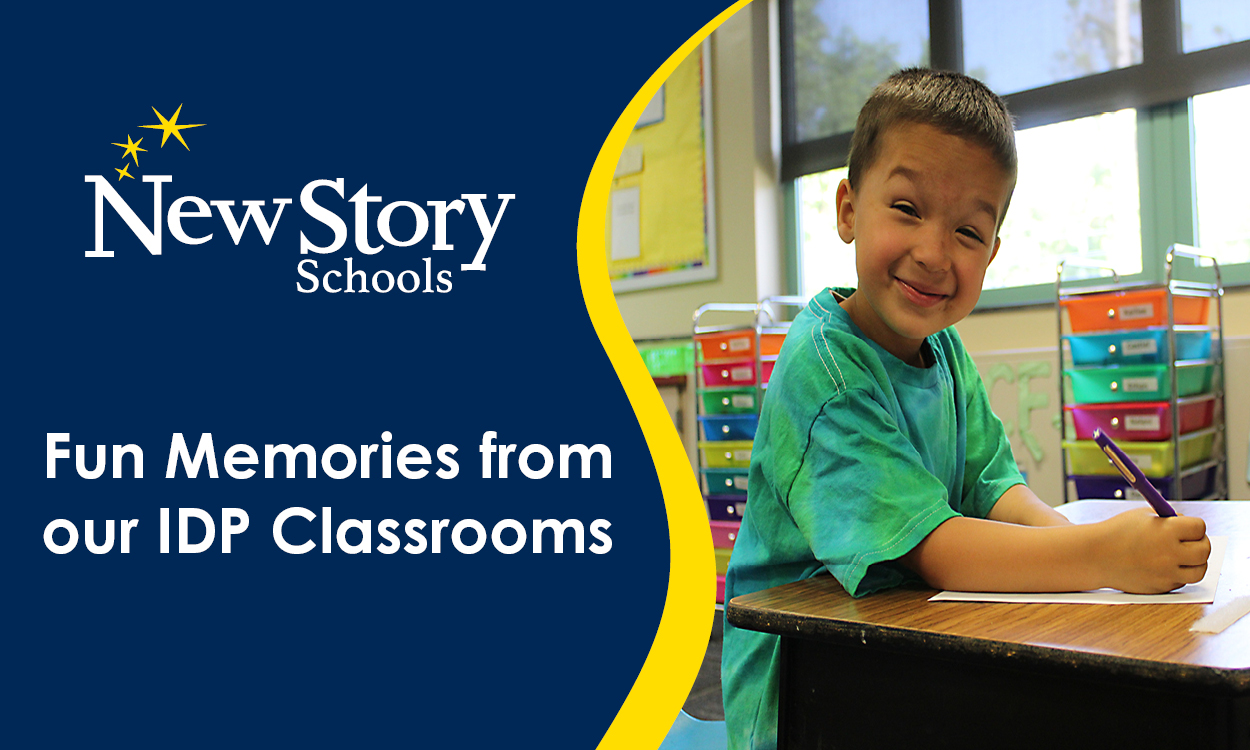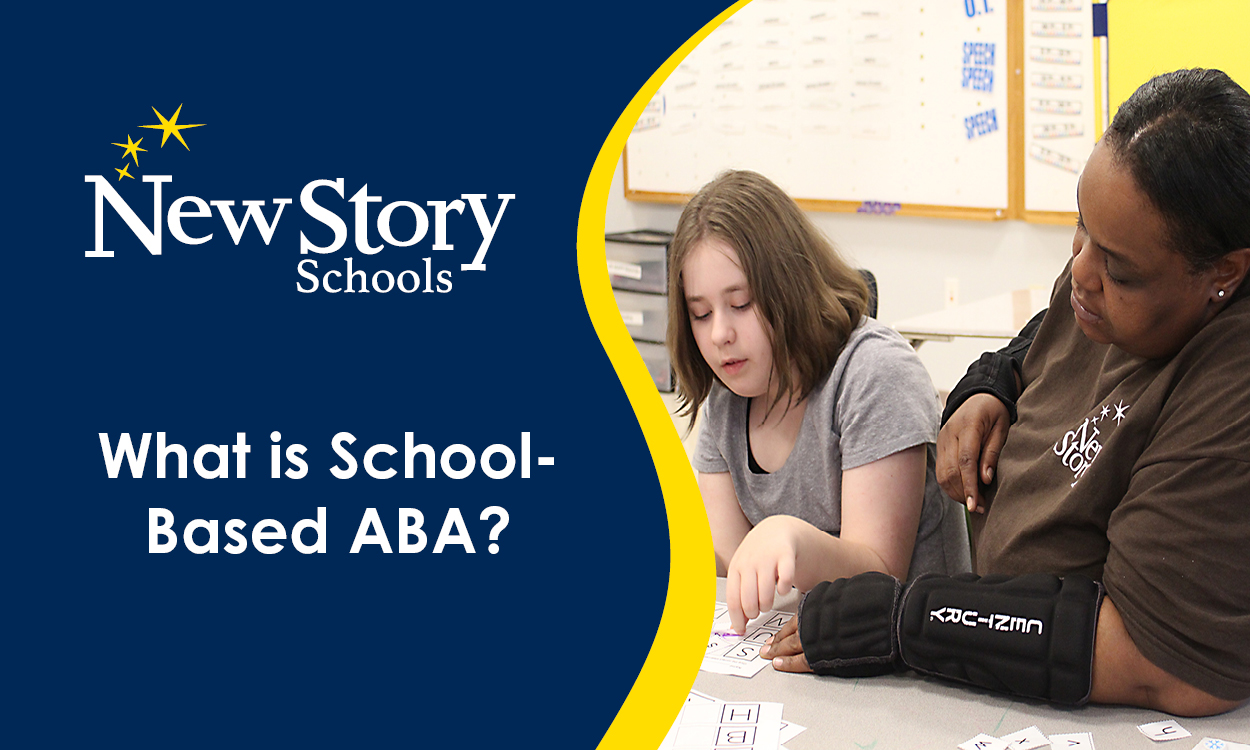How Teachers Can Cope with Our New Remote World
Posted: May 13, 2020 | Written By: Tanya Tost | Category: Special Education Teaching
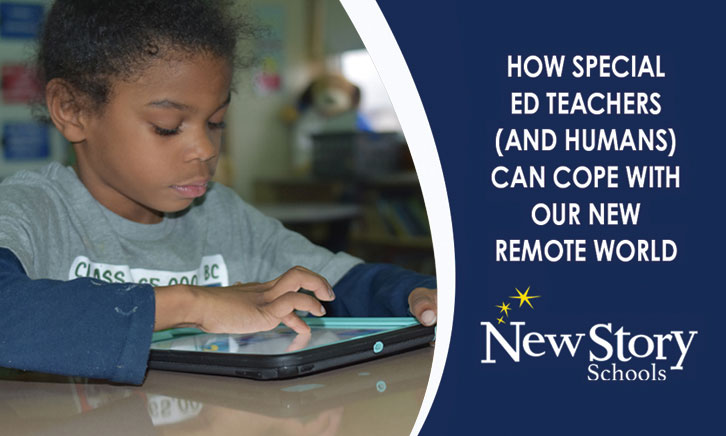
If you’re like me, you’re out of closets to organize. Out of walls to scrub. Out of surfaces to Swiffer. Yes, we crossed all those tasks off in the first two weeks of the pandemic, posted the pictures of our immaculate cabinets to Facebook and then looked around in a blind panic, realizing that this thing wasn’t going away any time soon. Cleaning the microwave a third time wasn’t going to save us.
And if you’re not like me, well, your friends are probably thankful you’re not filling their Facebook wall with cabinets. Nonetheless, you might be getting a bit antsy during the shut downs.
If the first days of quarantine seemed like a winter holiday (minus friends, travel, and toilet paper) then what followed felt more like reform school. Once I realized that we were in this for the long haul, I dropped into list making mode. If I was going to seize control of this chaos, it was going to be with whiteboards, chore schedules, and ruthless bedtimes.
Yes, I pushed, but they pushed back. There were tears, screaming, and threats to run away from home. The kids reacted similarly. In the end, I realized that my attempts to structure my home life was probably a reaction (OK, maybe slight overreaction?) to the loss of control I was feeling over my special needs classroom at New Story Schools in Pennsylvania.
Before these dark times, I was a Special Education teacher in a live classroom of charming students that I cared for very much. Now I’m a Special Education teacher with an Internet connection, a video camera, and a sense that I’m in way over my head. My students are far away and most are unable to use a computer on their own. I send packets of materials to their homes (no small feat, as they all require individualized lessons) but it feels a bit like tossing a bottled message into the ocean. I worry if it will get to them, if their parents will be able use it, and if in the end, will they grow academically and emotionally at all throughout this time.
Most days, I’m overwhelmed with it all. I’m learning Zoom, and Loom, and a whole family of Microsoft products that I hadn’t heard of before they sent us home with just our laptops. I don’t know what I would do if I didn’t have a teenage son to shoot and edit my classroom cooking video, or a husband that’s pretty terrible at plumbing but halfway decent at fixing our Internet when it goes down.
I’m going to go out on a limb here and guess that I’m not alone. Aside from the handful of Instagram supermoms that are homeschooling their kids in Mandarin and calculus, I think most of us consider it a good day if we’re not still wearing pajama bottoms at noon.
So let’s make a deal. Let’s cut each other some slack. Many teachers I know strive for perfection 24/7, but no one is expecting us to be at our peak during a global pandemic. We’re in survival mode now, and if my kids ate strawberry Pop Tarts for both breakfast and lunch today, well, I’m pretty sure that counts as a fruit and a grain, right?
What I think about a lot-- after all the emails are sent, all the phone calls made, all the lessons planned-- is what my kids and my students will remember from this whole experience. What will stick, and what will fade away? I’d like to think that with enough distance, they’ll answer the essay “What I Did on My Global Pandemic” with something like:
Well, we walked around our neighborhood as a family and counted dogs. Mom taught me how to do a load of laundry and called it a “Home Ec” class. We played all the board games that never get played, and my teacher made a cooking video. Kind of dorky, but she mentioned me by name in it!
It’s true, we don’t have a lot of control over a lot of things right now. (That microwave, though: spotless!) But I really do think that the one thing that is in our hands is the ability to shape how our children experience this difficult time. There are opportunities in these strange days that we didn’t anticipate. Taking advantage of those opportunities will require letting go of the worry that abandoning the structure will make us bad parents or teachers. It doesn’t. Pivoting to new methods makes us adaptable, smart and great role models for kids growing up in an unpredictable world. The bonus: pivoting and adapting eases our kids’ stress as well, which in turn means they’re more likely to learn and grow in unexpected but beautiful ways.
Parents, we know you’re trying to help your child with a virtual classroom with an infant on your hip and a toddler that’s asking to watch Frozen 2 for the tenth time today. Teachers, we know that your degree is in Education, not Information Technology. It’s all okay. We’re all in this together, and together is how we’re all going to get through it.
So here is what I propose: focus on the learning. It can be the arithmetic that is on your lesson plan, but it can also be time taken for you and your student or child to discover how yeast makes bread rise. It’s all part of the experience.
Now if you’ll excuse me, I’m pretty sure there’s an unkempt sock drawer that’s calling my name.
Want some more ideas for special education teachers? Make sure you follow us on Facebook at Facebook.com/newstoryschools
Want to be notified of new articles and resources from New Story Schools? Submit your email and opt into our newsletter!


